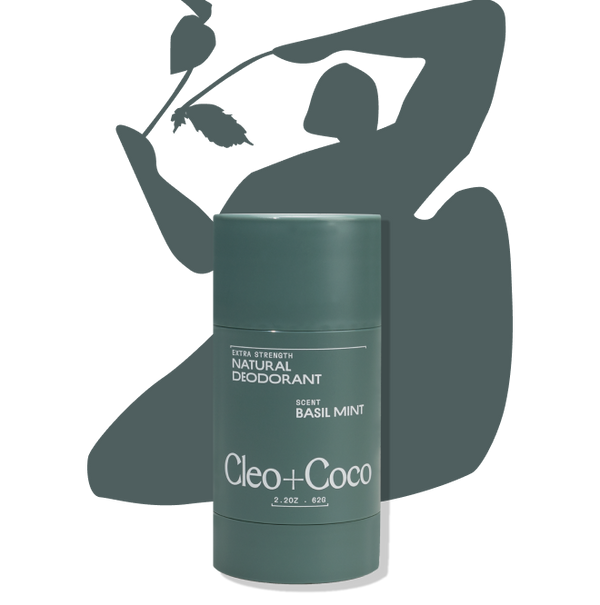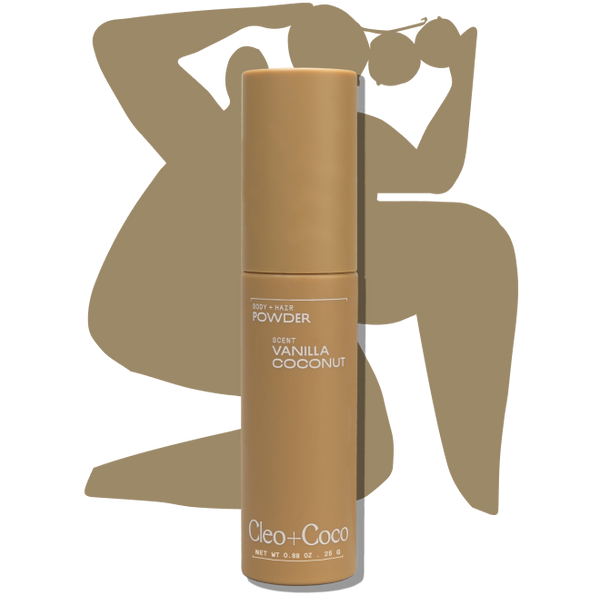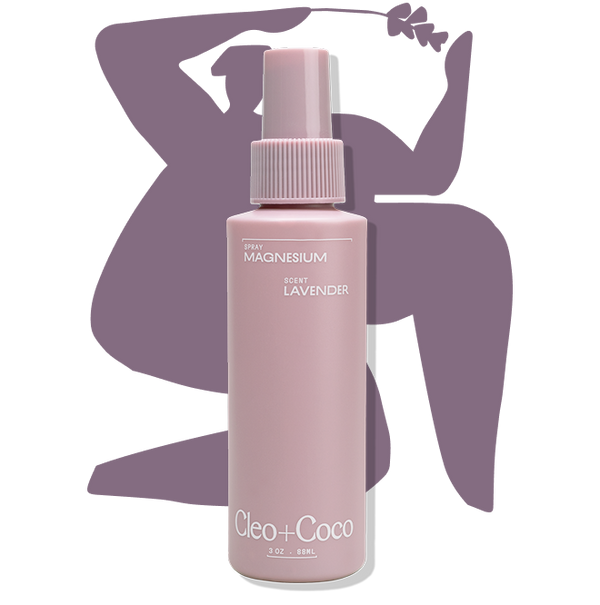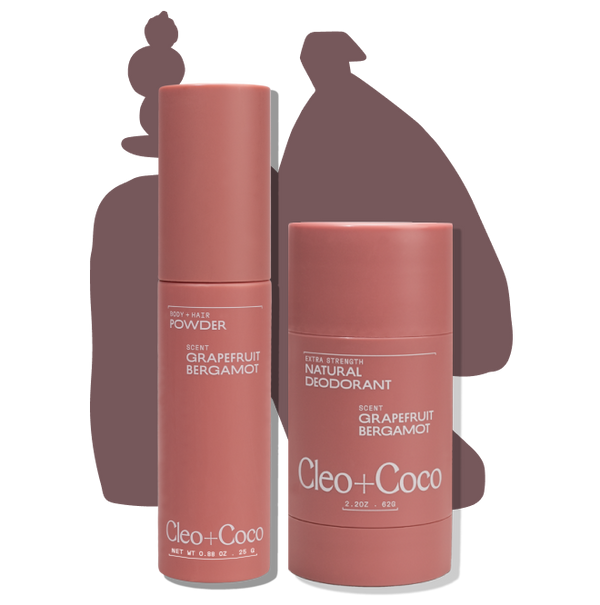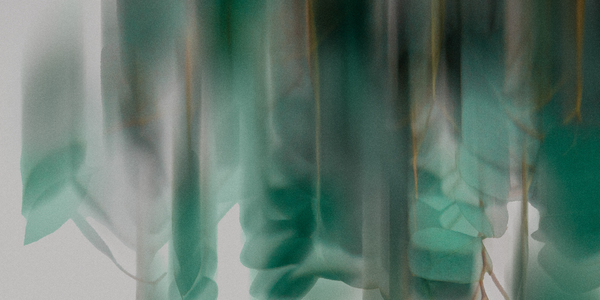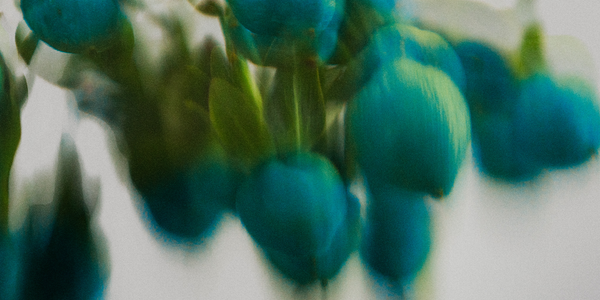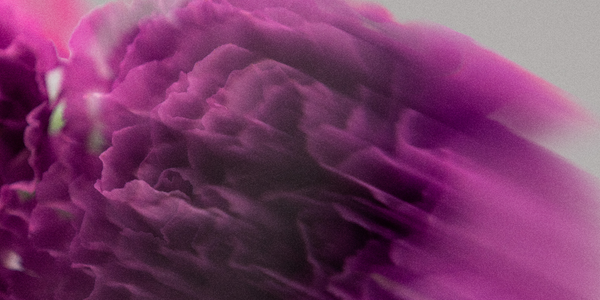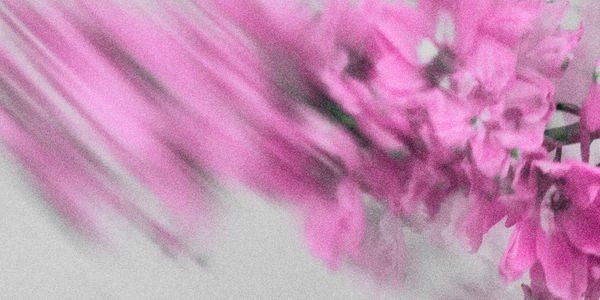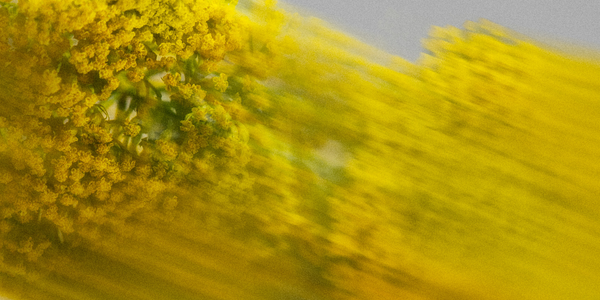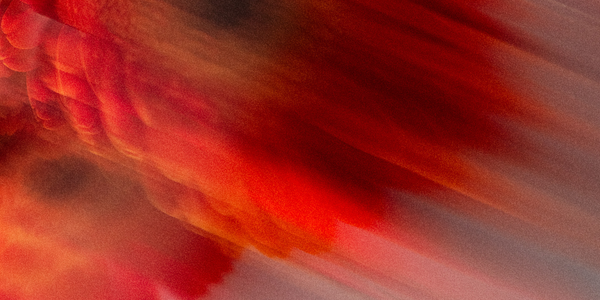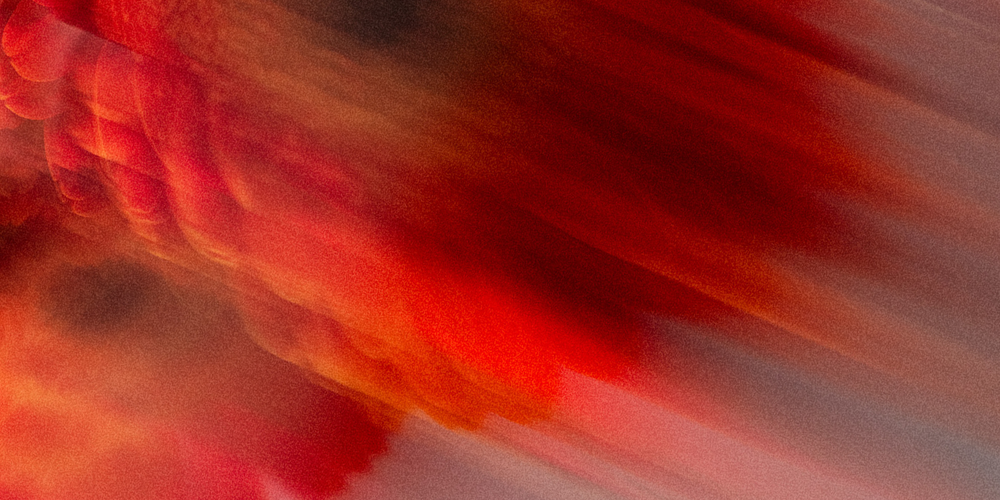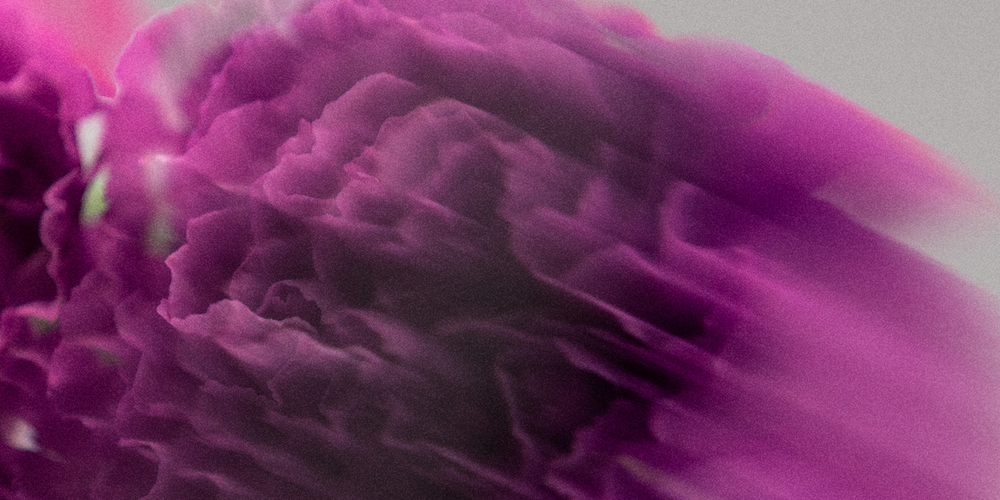
The truth about hair washing is not as spooky as you think
We’re demystifying hair washing this #spookyseason so we can get to the bottom of proper hair care once and for all.

With so many confusing and contradictory rumors about hair washing, it’s hard to know what to believe. We wanted to get to the bottom of what goes on at the top (of your head).
The truth about hair washing is not as spooky as you think
Forget everything you’ve ever learned about hair washing for a moment, and think about your hair as it is now. How long is it? Is it oily or dry? At what point does your scalp feel best: right after washing, or a few days later?
Now, keep in mind your personal hair type as we dispel hair washing rumors once and for all.

Hair washing myth 1: “Washing your hair everyday is destructive”
Not so. Depending on your type of hair, the time of year, and your daily activities, washing your hair everyday might be appropriate for you. Take into account if your hair is physically dirty; did you dive into a pool or go on a hike through the woods? It’s best to rid your hair of dirt or chemicals by washing it out so it doesn’t cause more problems or discomfort.
Are you finding that your scalp is dry and your hair is brittle or thinning? It may not be producing enough oils, and a good way to give it what it needs is by holding off on a thorough wash.
Hair washing myth #2: “You shouldn’t wash your hair after you work out”
If you want to wash your hair after a workout, do it. If you want to hold off for another day, that’s ok too.
Sometimes we just can’t resist a hot, satisfying shower after a hard workout, it just depends on how your scalp and hair feel after washing your hair. Keep in mind that not all hair washing is the same. Do you need to scrub it roughly? Or will a rinse and some conditioner do for you? Try switching up your in-shower routine and see how it works for your hair and scalp.
If you want a refresh without taking a shower, try our natural dry shampoo for all hair types.

Hair washing myth #3: “Your hair will stop producing oil when you stop washing your hair”
Sebum is the oil that develops from your hair follicles - and it’s a good thing. It lubricates and protects your hair and scalp. A few factors come into play when thinking about overproduction of oil (and it has nothing to do with how often you wash your hair).
Hormones: As a general rule, older folks usually have lower production of oil, and younger folks usually have higher production of oil. During certain moments of our lives such as puberty or menopause, hormonal fluctuations may occur, which affects the oil production in our skin and hair. Medications may also affect your hormones and thus your oil glands.
Hair length: The longer your hair, the harder it is for the oil to reach the ends of your hair. This is why shorter hair may seem more oily.
Habits: Think about your habits; do you constantly touch your hair? If so, that adds more unnecessary oils to your lovely locks. Try donning a bun for a while until you’re able to resist the urge to touch and twirl.

For instant revitalization of the scalp and hair without getting in the shower, try our natural dry shampoo. It contains arrowroot powder to rid the hair of unwanted oils and add body for a voluminous, just-out-of-the-shower look.
Try Cleo+Coco's natural dry shampoo here!
